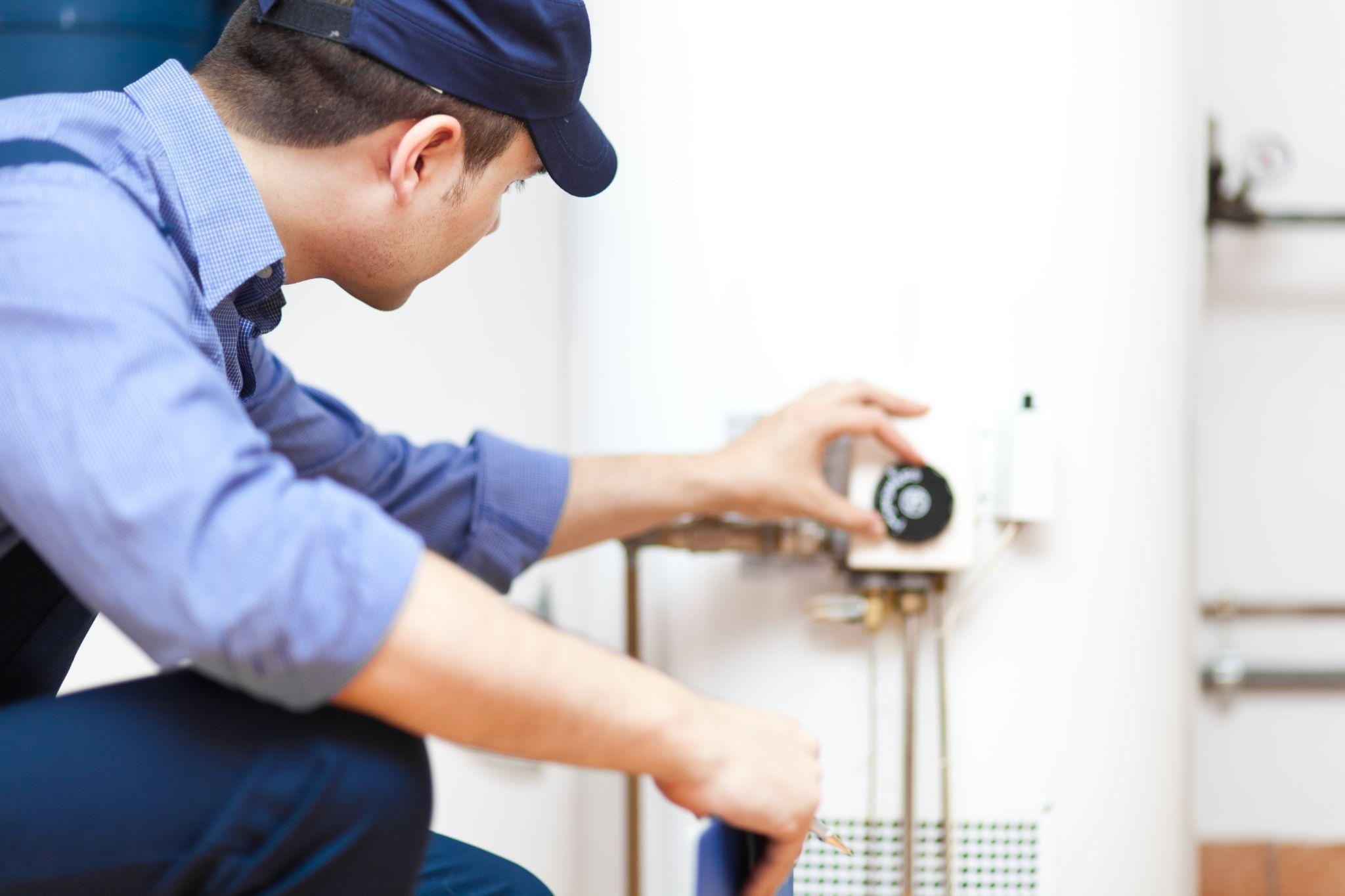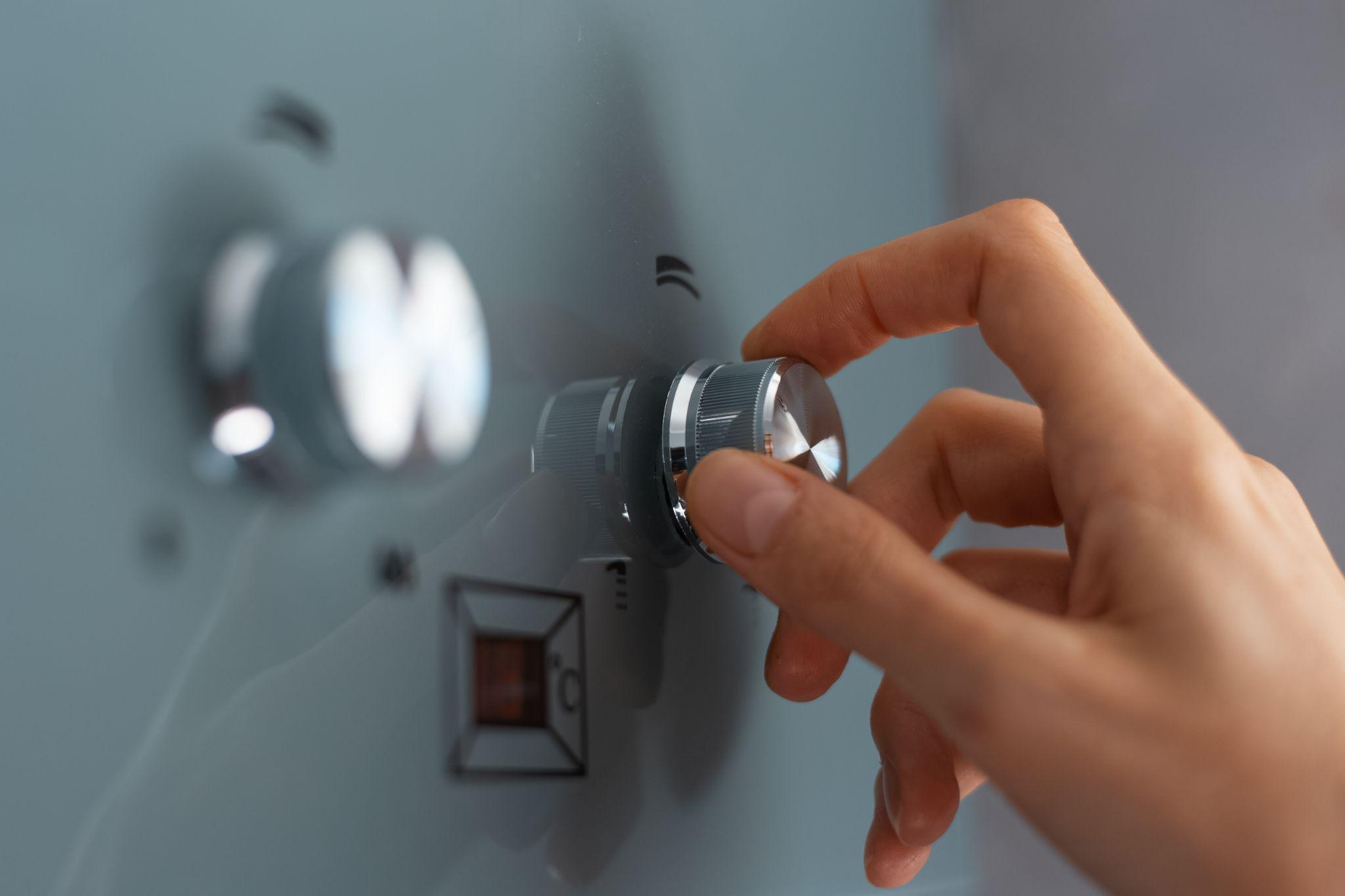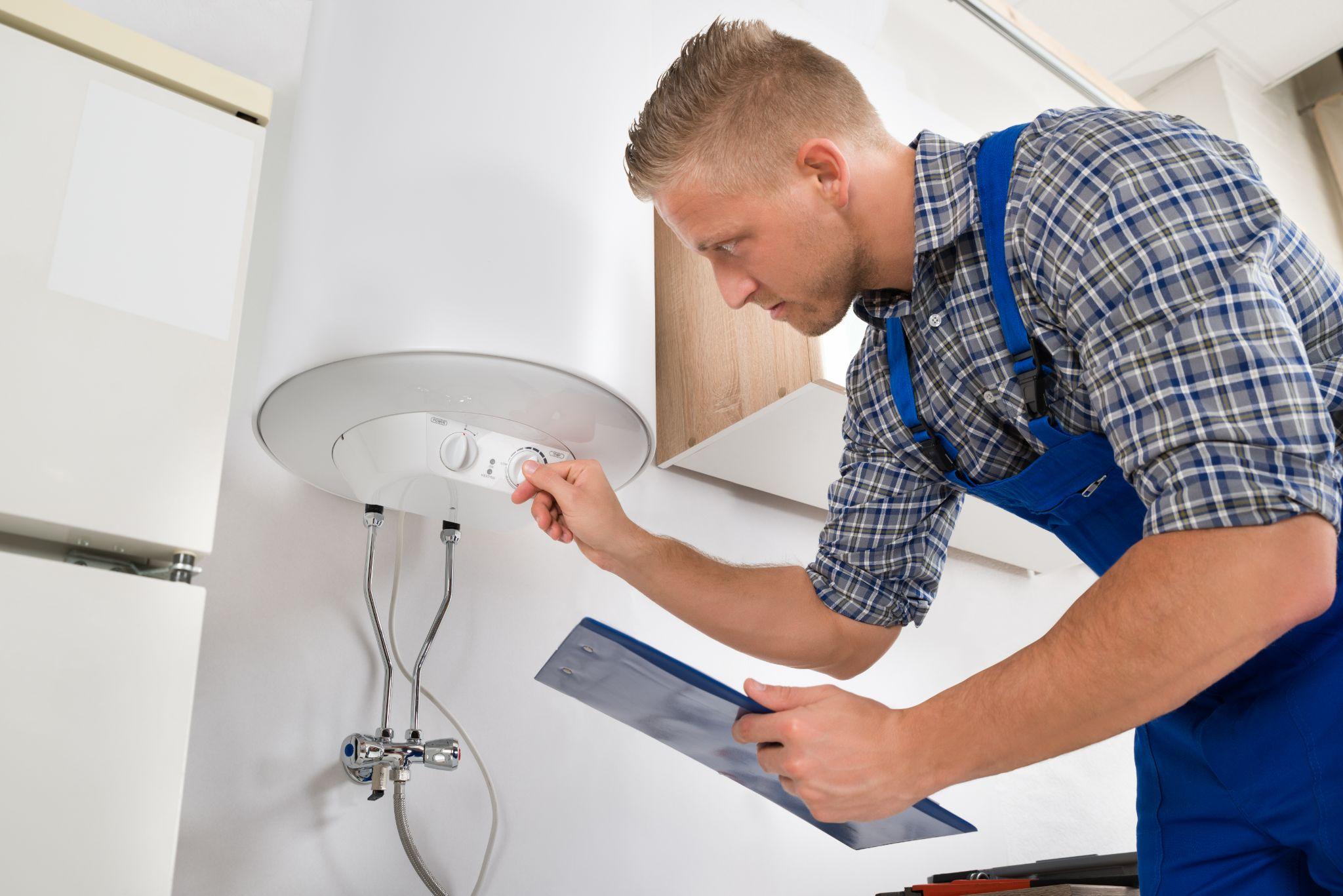How Cold Weather Affects Your Water Heater

Many people do not consider how cooler winter temperatures affect their home’s plumbing and water heater. Instead, they take their water heater for granted for hot steamy showers and doing dishes. However, in wintertime, things are more likely to go wrong with your water heater and leave you wondering why your hot water is not working in cold weather.
How Does Cold Weather Affect a Hot Water Heater?
The water coming into your home will be much cooler than it is in the summer.
While temperatures do not get below freezing much in Austin or San Antonio, they still can get quite cold. As a result, you can expect the water coming into the home to be around 25 degrees cooler and even colder if it should get below freezing.
With the colder water refilling the water heater’s tank as you use hot water, it will need to run longer to bring it up to your desired temperature. So, you will notice right away an increase in energy bills.
Your water heater will have to run more often if it is not insulated.
The amount of heat transfer loss from the water heater will be more in the winter. So, as heat is lost, the water heater will run more frequently to maintain your desired temperature level. Unfortunately, this also places added wear and tear on the water heater. Therefore, you should insulate your water heater to reduce and prevent heat transfer loss.
The location of your water heater affects its wintertime performance.
Most homes have the water located in a garage, basement, or other areas of the house that have minimal protection from cooler weather. The colder air that circulates around the water tank lowers the water temperature and causes the water heater to run more often. Hence, the importance of insulating your water heater.
In addition, if there are air drafts, and you have a gas water heater, you need to keep an eye on the pilot light. The water heater pilot light goes out in cold weather more often because there tend to be more drafts than in summer. So, if you are scratching your head and thinking “Why is my water cold?”—check the pilot light.
Your water heater can start to make snapping, popping, and crackling noises.
The sediment found in the bottom of tank-type heaters will tend to become more noticeable in the winter. This is because as the water heats up, the sediment becomes warmer and draws in heat from the water. Not only does this cause your water heater to work harder, but it also causes the sediment to snap, pop, and crackle.
Your demand for hot water is often higher in the winter.
If you are like most people, you tend to take longer hot showers in the winter to warm up. Sometimes you may shower a few times each day. However, as hot water demands increase, your water heater may have a hard time keeping up.
While it can be tempting to crank up the temperature dial on the water heater, it increases the risk of being scalded. Plus, your water heater will have to work even harder to heat water to a higher temperature, shortening its lifespan.
The ideal temperature for a water heater is 120 to 140 degrees Fahrenheit. So, if your water heater is currently set at 120, it is okay to turn it up to 130 or 140 to see if this helps keep up with your hot water demands—but never go over 140.
How to Prevent Water Heater Problems in Cold Weather

You can do several things to ensure you have plenty of hot water in your home all winter long. Many of these things will take the added strain, wear, and tear off your water heater too.
- Insulate your water heater and exposed plumbing lines. We already mentioned insulating your water heater will help stop heat loss transfer and keep it from working as hard to maintain your desired water temperature. Furthermore, you should also insulate any exposed plumbing lines. Doing so will prevent a frozen water heater and frozen pipes should temperatures drop below freezing.
- Have your plumber flush your water heater. Regular flushing will help remove sediment from the tank to help it last longer.
- Schedule annual maintenance on your water heater. Yearly maintenance allows your water heater to be inspected and tested to identify any potential problems or parts that need to be replaced.
- Upgrade to a tankless water heater this winter. Tankless water heaters are much more energy-efficient than tank-type heaters. Next, they can be installed just about anywhere inside the home, so they are not exposed to cooler temperatures. Best of all, they make hot water on demand to provide as much hot water as you need when you need it.
Signs Your Water Heater Needs to Be Repaired or Replaced

Instead of waiting for your water heater to fail, it is better to be aware of common signs indicating that it needs to be repaired or replaced.
- The hot water temperature never gets hot.
- You run out of hot water frequently.
- Your energy bills have increased excessively.
- Your water heater is more than ten years old.
- Your water heater is rusty or has leaks.
- Your hot water has sediment or rust in it when it comes out of the faucet.
- Your water heater constantly runs.
- Your pilot light goes out often.
- Your water heater is making strange sounds.
By taking the time to address these issues, you can avoid waking up on a cold winter morning and not having any hot water.
Water Heater Services in Austin and San Antonio
It is easy to ensure your water heater is prepared for cold weather by scheduling water heater service with the trusted and experienced plumbers from Christianson Air Conditioning & Plumbing. Our plumbers can take care of water heater maintenance, flushing, repairs, and new installations of tank-type and tankless water heaters. Contact us at 512-246-5400 today to book your appointment.



Sorry, comments for this entry are closed at this time.